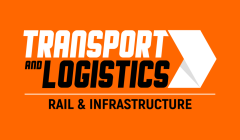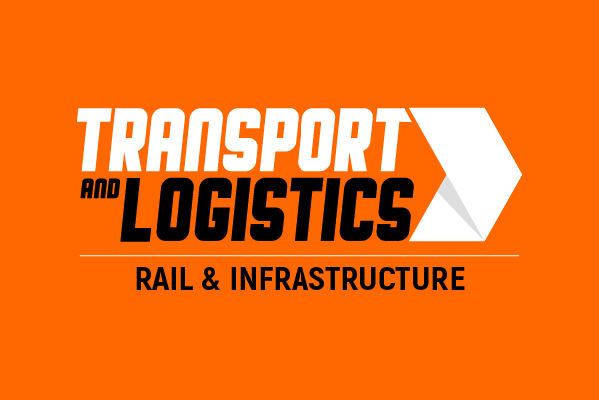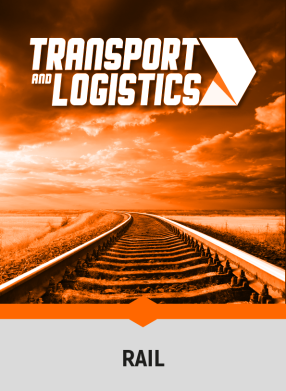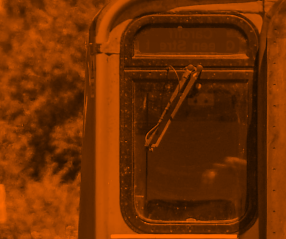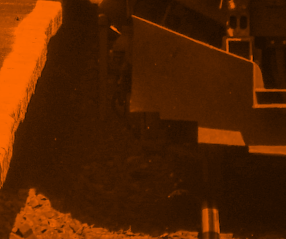Policy makers, legal experts and rail trade unions are meeting in Brussels today (Thursday) to discuss how Europe’s decision makers can learn from the experiences of Britain and Sweden on the railways. The meeting comes as the European Union prepares to debate the latest draft measures in the “Fourth Rail Package”, laws that would shape the future of rail across the EU and beyond.
The Fourth Rail Package, first proposed in 2013, combines a number of technical, safety and co-ordination reforms (known as the “technical pillar”) with a raft of legislative proposals concerning competition and ownership (the “political pillar”). Central to the “political pillar” is a proposal to further liberalise Europe’s railways, by pushing member states to privatise their rail networks. As the most privatised railway nations in Europe, Britain and Sweden are given as examples of how this new system might work.
In the meeting, organised by Labour MEP Lucy Anderson who leads for the Labour Party on transport issues in Europe, key stakeholders will share experiences of the liberalisation of Britain and Sweden’s railways.
Lucy Anderson said: “Labour MEPs are working to ensure that the mistakes made in Britain when rail privatisation was pushed through are not repeated at the EU level. We also want to ensure that the UK is able to shift away from our current failing model, where ticket prices rise and service consumer satisfaction falls.”
Kevin Rowan, from the Trades Union Congress (TUC), the body representing British trade unions, added: “Privatisation and breaking up the rail network in the UK has led to a poorer deal for passengers, tax payers and rail workers. Rail fare increases have continued to outstrip wages and inflation, the government is subsidising the rail industry twice as much as it was ten years ago and there has been no meaningful investment from the private sector. The 4th Rail Package risks these mistakes being repeated and embedded throughout Europe.”
The European Parliament has already largely rejected the Commission’s liberalisation model in the “political pillar” and voted to give Member States the choice as to whether they privatise or maintain state operated rail services. MEPs want Member States to have the option to switch from one model to another at any time, meaning Britain’s rail industry can return to a state-run service.
However, disagreement over the “political pillar’ has left important technical concerns unresolved, as the European Commission is refusing to separate the political and technical aspects of the bill.
